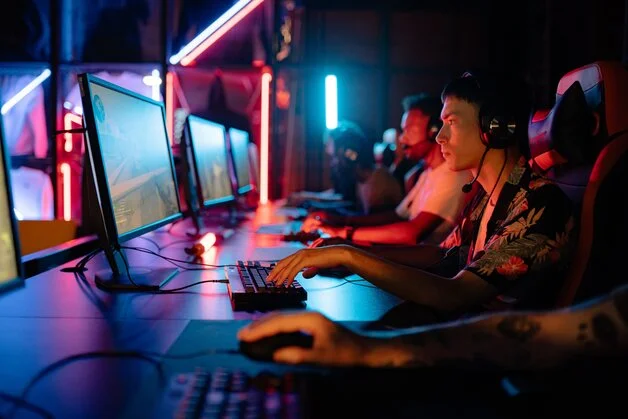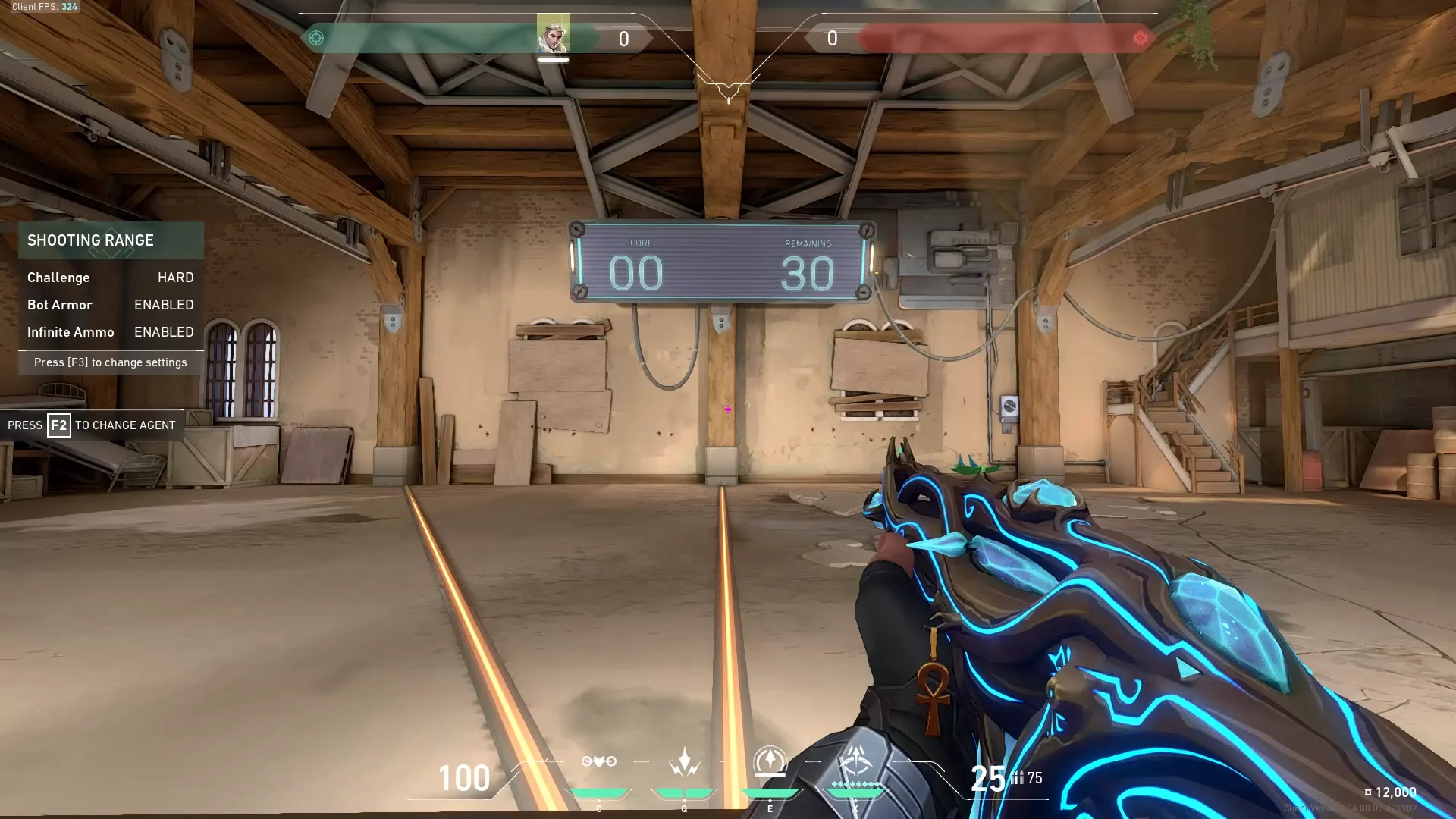Every competitive gamer has been there: stuck in the same rank for weeks, watching teammates make the same mistakes, wondering if you'll ever break through to the next tier. The truth is harsh but liberating: your rank is exactly where your current skill level deserves to be. But that doesn't mean you're stuck there forever.
This isn't another "git gud" guide filled with generic advice. This is a comprehensive, systematic approach to ranked climbing that addresses the real barriers preventing your progression. We'll break down the psychology, mechanics, and strategic thinking that separates players who climb consistently from those who plateau indefinitely.
The Climbing Mindset Revolution
Before we talk about gameplay mechanics, we need to address the elephant in the room: your mindset. The difference between hardstuck players and climbers isn't talent – it's how they approach each game.
The 40-40-20 Rule
Accept this fundamental truth: 40% of your games are unwinnable (teammates disconnect, trolls, massive skill gaps), 40% are unloseable (enemies disconnect, you get carried), and 20% are decided by your individual impact. Your job is to maximize wins in that crucial 20%.
Application: Stop tilting over the unwinnable games. Focus your mental energy on recognizing and capitalizing on the games where you can make the difference.
Process Over Outcome
Chasing LP gains is the fastest way to plateau. Instead, focus on process-based goals: "I will average 7+ CS per minute this game" or "I will die less than 5 times" or "I will make 3 proactive plays."
Why It Works: Process goals are within your control, while game outcomes aren't. Consistent process improvement inevitably leads to rank improvement.
Rank-Specific Climbing Strategies
Bronze & Silver: Master the Fundamentals
Primary Focus: Mechanics and game knowledge
At these ranks, games are decided by basic mechanical execution and game understanding. You don't need complex strategies – you need consistency.
CS Accuracy Target
Deaths Per Game
Map Awareness
Action Items:
- Spend 20 minutes daily in aim trainers or practice mode
- Learn 2-3 champions/agents extremely well rather than playing everything
- Watch educational content daily – focus on fundamentals, not flashy plays
- Review your deaths: 90% of bronze/silver deaths are preventable
Gold & Platinum: Strategic Thinking
Primary Focus: Decision-making and macro play
Your mechanics are decent, but games are lost through poor decisions. This is where you learn the invisible game – positioning, timing, and resource management.
Key Concepts:
- Power spikes and timing windows
- Map control and objective prioritization
- Risk/reward assessment for plays
- Team composition understanding and role fulfillment
- Vision control and information warfare
Action Items:
- Record and review your games weekly
- Ask "why" before every major decision
- Learn to identify win conditions pre-game
- Develop backup plans for when primary strategies fail
Diamond & Above: Consistency and Adaptation
Primary Focus: Mental fortitude and meta adaptation
At high ranks, everyone has good mechanics and game knowledge. What separates players is consistency under pressure and the ability to adapt rapidly to changing conditions.
Advanced Concepts:
- Opponent-specific adaptation mid-game
- Advanced psychological warfare and mind games
- Team dynamic management and leadership
- Meta prediction and early adoption of strategies
- Tilt-proof mentality and emotional regulation
The Systematic Improvement Framework
Identify Your Weaknesses
Use replay analysis, stat tracking, or coaching to identify your top 3 improvement areas. Focus on one at a time.
Deliberate Practice
Design specific practice routines targeting your weaknesses. 20 minutes of focused practice beats 2 hours of mindless grinding.
Apply in Games
Consciously implement practice concepts in ranked games. Accept that you might lose some games while learning.
Review and Iterate
Weekly review of progress. Adjust practice routines based on results. Celebrate improvements, identify new focus areas.
Advanced Climbing Techniques
The Champion Pool Philosophy
Most players have it backwards – they play too many champions poorly instead of few champions excellently. The optimal champion pool formula:
Optimal Pool Size
Main Role: 2-3 champions you can play at 90%+ effectiveness
Secondary Role: 1-2 safe, simple champions
Emergency Picks: 1 champion for each role (for fill situations)
The Power of Specialization
One-tricks climb faster than generalists because:
- They know their champion's limits precisely
- They recognize matchups and power spikes intuitively
- They can focus on macro play instead of micro management
- They understand their win conditions deeply
Queue Management Strategy
When you queue matters as much as how you play:
Winrate Peak Hours
Winrate Late Night
Optimal Session Length
Optimal Queue Times: Late morning to early evening (10 AM - 8 PM) when serious players are online. Avoid late night queues when drunk/tired players are common.
The Mental Game of Climbing
Tilt Prevention Protocol
Tilt isn't just getting angry – it's any emotional state that impairs decision-making. Implement this system:
The Three-Strike System
Strike 1: Bad game due to teammates → Take 5-minute break
Strike 2: Bad game due to your mistakes → Take 15-minute break
Strike 3: Any loss → Stop playing ranked for the day
This system prevents tilt-induced losing streaks that can destroy weeks of progress.
The Plateau Psychology
Every climber faces plateaus – periods where improvement feels impossible. Understanding plateau psychology:
- Skill Consolidation: Your brain is integrating new skills
- Increased Competition: Higher ranks have better players
- Diminishing Returns: Improvements require more effort
- Confidence Crisis: Self-doubt sabotages performance
Plateau Breaking Strategy: Focus on one specific skill for 2 weeks. Ignore rank changes. Trust the process.
Data-Driven Climbing
Metrics That Matter
Track these statistics to identify improvement areas:
Consistency Indicator
Efficiency Measure
Map Awareness
Impact Assessment
The Weekly Review Ritual
Dedicate 30 minutes weekly to analyze your climbing progress:
- Review your 5 worst losses – identify patterns
- Identify your best performances – understand what went right
- Check key statistics for trends
- Set specific improvement goals for the coming week
- Adjust practice routine based on findings
Common Climbing Mistakes to Avoid
Fatal Climbing Errors
Duo Queue Addiction: Playing with friends often lowers your skill development
Autopilot Gaming: Playing without conscious thought or improvement goals
Blame Game: Focusing on teammates instead of your own gameplay
Meta Chasing: Constantly switching champions instead of mastering fundamentals
Tilt Queuing: Playing emotional games instead of strategic ones
The Climbing Commitment
Climbing isn't just about playing more games – it's about playing better games. Every session should have a purpose, every game should teach you something, and every defeat should fuel your improvement.
The path from your current rank to your goal rank isn't linear. You'll face setbacks, plateaus, and moments of doubt. But armed with the right mindset, systematic approach, and commitment to continuous improvement, your climb is inevitable.
Remember: you're not just climbing for a higher rank – you're becoming a better competitor, developing skills that transfer to every aspect of life. The ranked ladder is just the scoreboard for your personal development journey.
The Summit Awaits
Every professional player started where you are now. The difference between dreamers and achievers isn't talent – it's the willingness to embrace discomfort, learn from failure, and persist when progress feels impossible. Your next rank is waiting. Go claim it.

